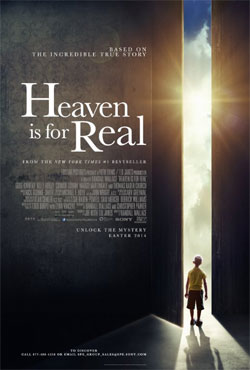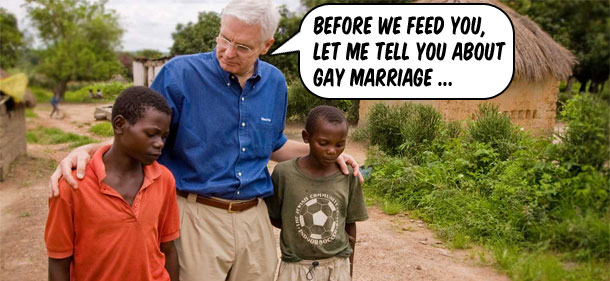While discussing the news of the murder of journalist James Foley at the hands of ISIS, a friend of mine posed to me the question: “What does it say about your religion when you have to kill people who won’t convert?”
If the religion in question is Islam, then Foley’s murder says virtually nothing about Muslim belief. The death of Foley is deplorable. The actions of ISIS are despicable. But atrocities committed by ISIS are no more representative of Muslim belief than the actions of extremist Christians are representative of mainstream Christianity.
What extremist Christians? Surely Christians have never killed those who wouldn’t convert? Surely Christians would never slaughter men, women and children in the name of their faith?
Before we conflate the extremism of ISIS with the entire religion of Islam, let’s keep in mind the checkered history of Christianity.
In The Devastation of the Indies: A Brief Account, the sixteenth century Spanish historian and priest Bartolomé de Las Casas describes the genocide inflicted by the Christian conquistadors upon the native peoples of Haiti and Cuba (warning, descriptions of graphic violence):
And the Christians, with their horses and swords and pikes began to carry out massacres and strange cruelties against them. They attacked the towns and spared neither the children nor the aged nor pregnant women nor women in childbed, not only stabbing them and dismembering them but cutting them to pieces as if… [Read more…] about The murder of James Foley, ISIS, and Religions of Peace








